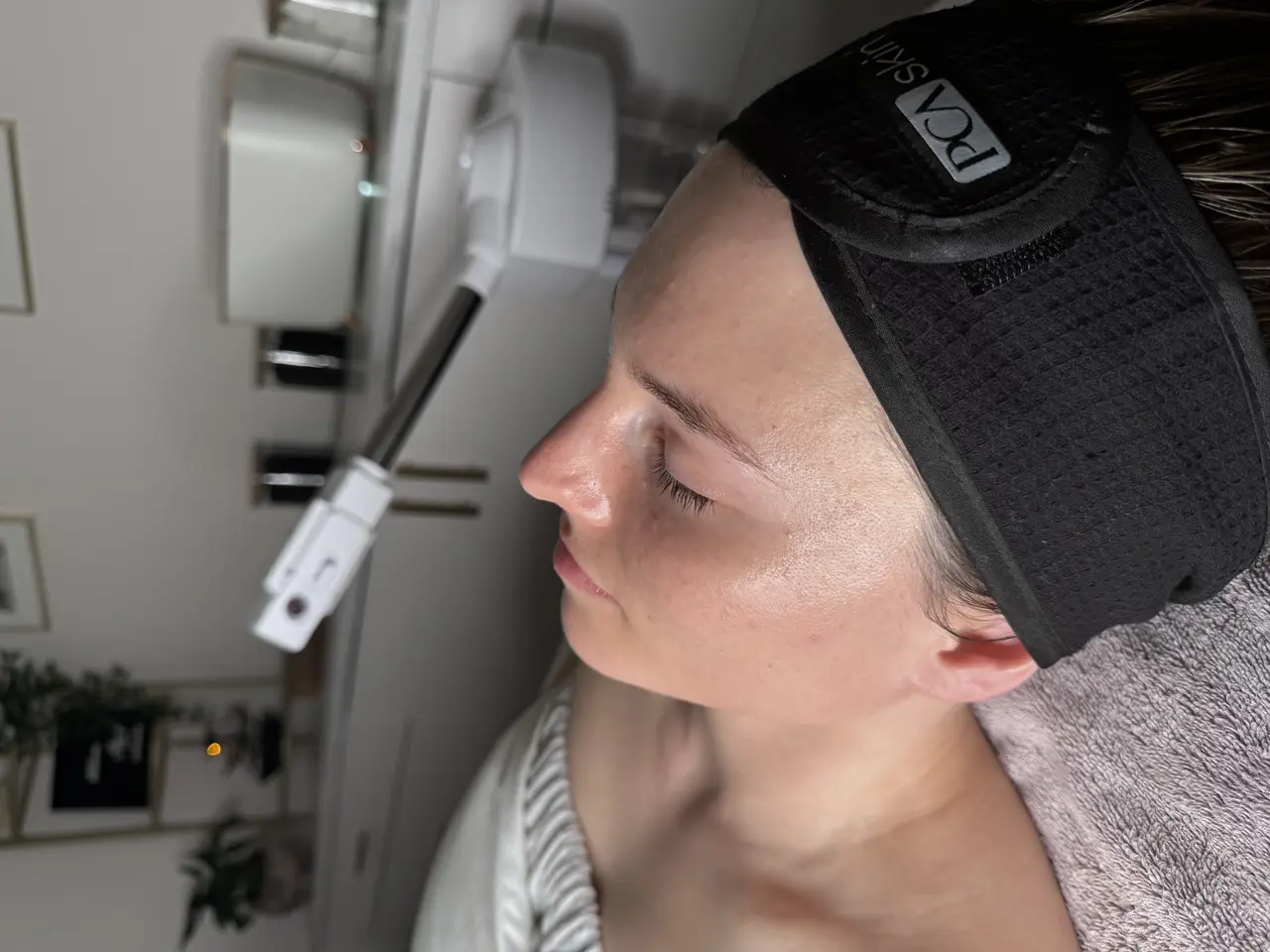Are Radiant Skin Treatments Suitable For Sensitive Skin?
Radiant skin treatments promise a glowing, youthful complexion, but if you have sensitive skin, you might be worried about potential side effects. In this blog, we'll explore whether these treatments are safe for sensitive skin, what to look out for, and how to choose the best options.
Understanding Radiant Skin Treatments
Radiant skin treatments include a wide range of products and procedures designed to improve your complexion. These can range from topical creams and serums to professional treatments like chemical peels and laser therapy.
Topical products often include ingredients like retinoids, vitamin C, and alpha hydroxy acids that work to brighten the skin and reduce signs of aging. Professional treatments, on the other hand, might involve more intensive procedures like microdermabrasion or intense pulsed light (IPL) therapy. Each type of treatment is designed to target specific skin concerns, such as uneven skin tone, fine lines, and dullness.
However, for those with sensitive skin, the key is to choose treatments and products that provide benefits without causing irritation. Sensitive skin can react unpredictably, making it crucial to understand what each treatment entails and how it might affect your skin.
Understanding your skin type is essential before undergoing any treatment. Consulting with a dermatologist can help you determine the most suitable options. A dermatologist can also perform patch tests to identify any potential allergens or irritants in the treatment products.
Common Concerns for Sensitive Skin
Sensitive skin is prone to reactions such as redness, irritation, and breakouts. This makes it crucial to choose treatments that are gentle and suitable for your skin type.
One of the primary concerns for individuals with sensitive skin is the potential for strong active ingredients to trigger adverse reactions. For instance, ingredients like retinoids and strong acids are known to cause peeling and dryness in sensitive skin types.
Additionally, external factors like temperature changes, pollution, and even stress can exacerbate the sensitivity of the skin. Therefore, it’s important to adopt a holistic approach when considering radiant skin treatments, ensuring that both the treatment and daily skincare routine are suitable for sensitive skin.
Another concern is the cumulative effect of using multiple products or undergoing several treatments simultaneously. Overloading the skin can reduce its ability to recover, making it more susceptible to irritation and damage.
Sensitive skin often has a weakened barrier function, which makes it less capable of defending against irritants and makes them more likely to react negatively to new products or treatments. Understanding these realities can help you take proactive steps to protect your skin.
Ingredients to Watch Out For
Certain ingredients commonly found in radiant skin treatments can trigger reactions in sensitive skin. Ingredients like alcohol, fragrances, dyes, and certain acids are known to be potential irritants.
For example, while vitamin C is known for its brightening properties, its acidic nature can sometimes irritate sensitive skin, especially in higher concentrations. It's advisable to start with lower concentrations and gradually increase as your skin adapts.
Fragrances, both synthetic and natural, are a frequent cause of allergic reactions. Even 'natural' or 'organic' fragrances can cause problems, so it's best to go for fragrance-free products. Dyes, often used to enhance the appearance of a product, can also be problematic. Opting for products labeled as dye-free can save your skin from unnecessary discomfort.
Ingredients like alcohol serve as preservatives and antiseptics in many skincare products but can be very drying and cause stinging or burning sensations in sensitive skin types. It’s always good to consult resources like the Top Ingredients and Treatments for Sensitive Skin to stay informed about what to avoid.
Safe Treatments for Sensitive Skin
Opt for treatments that are labeled hypoallergenic and non-comedogenic. Look for soothing ingredients like aloe vera, chamomile, and hyaluronic acid to hydrate and calm sensitive skin.
Aloe vera and chamomile are known for their anti-inflammatory properties. They help soothe irritated skin and reduce redness, making them ideal for sensitive skin that is prone to inflammation.
Hyaluronic acid is a powerhouse ingredient for hydration without causing irritation. It helps attract moisture to the skin, providing essential hydration without clogging pores. Other ingredients like glycerin and squalane are also excellent choices for sensitive skin, offering hydration and barrier support.
If you’re looking for professional treatments, consider options like microcurrent facials and LED light therapy. These methods are generally less abrasive than peels or lasers, making them a safer option for sensitive skin.
For more information on suitable ingredients and safe treatments, exploring resources like sensitive skin ingredients can be beneficial.
Tips for Using Radiant Skin Treatments
Always do a patch test before using a new product. Introduce one product at a time to monitor any adverse reactions. Make sure to follow a consistent skincare routine and avoid over-exfoliating.
A patch test involves applying a small amount of the product to an inconspicuous area, such as behind your ear or on your inner arm. Wait 24 to 48 hours to see if there is any adverse reaction before using it on your face. This simple step can save you from a lot of potential discomfort.
Introducing one product at a time helps you to accurately identify any product that might be causing a reaction. If you start multiple new products at once, it becomes challenging to pinpoint which one might be the culprit.
Consistency is key in skincare. Stick to a routine that works for you and resist the temptation to try every new product on the market. Over-exfoliating can disrupt your skin's barrier, leading to increased sensitivity and irritation.
Incorporate gentle, hydrating products into your daily routine, and give your skin time to adjust to new treatments. For detailed guidance, consult reputable sources such as radiant skin.
Consulting a Dermatologist
Consulting a dermatologist can provide personalized advice and help you create a skincare regimen that will work best for your sensitive skin. They can also recommend specific treatments and products tailored to your needs.
Dermatologists have the expertise to diagnose underlying skin conditions that might be contributing to your sensitivity. They can prescribe targeted treatments that go beyond what over-the-counter products can offer.
Moreover, a dermatologist can guide you through the process of integrating new products and treatments into your skincare routine, ensuring they complement each other and work to improve your skin's health without causing harm.
For those new to sensitive skin care or for anyone experiencing persistent issues, a dermatologist's advice is invaluable. They offer a level of customization and monitoring that isn't possible with general skincare advice.
Making Radiant Skin Treatments Work for Sensitive Skin
Radiant skin treatments can be suitable for sensitive skin with careful consideration and the right approach. Always consult with a dermatologist, conduct patch tests, and choose gentle, tested products to ensure the best results without irritation.


